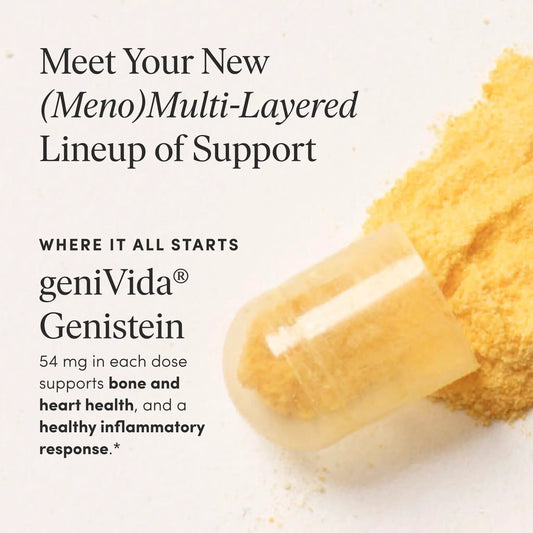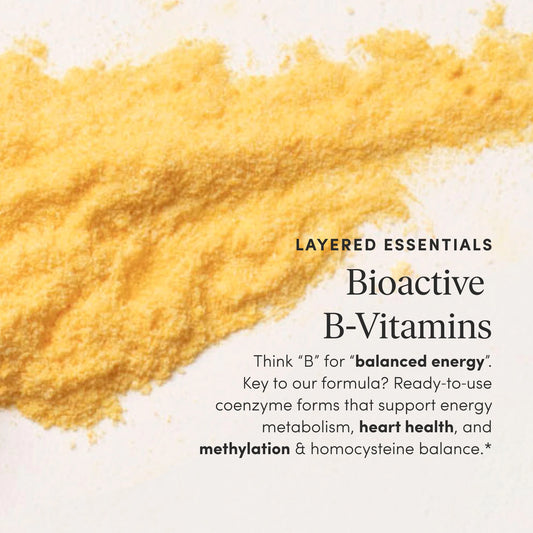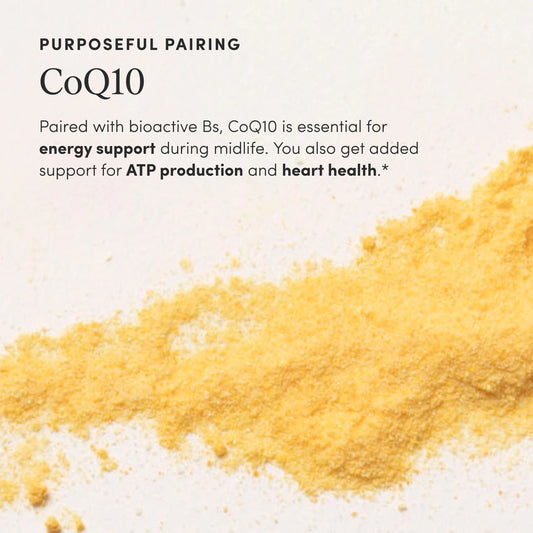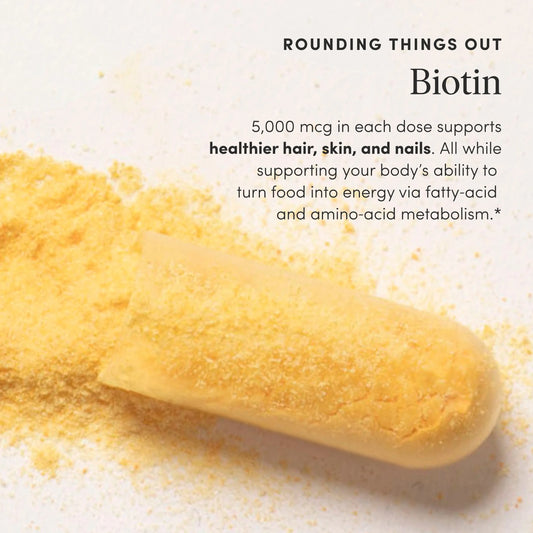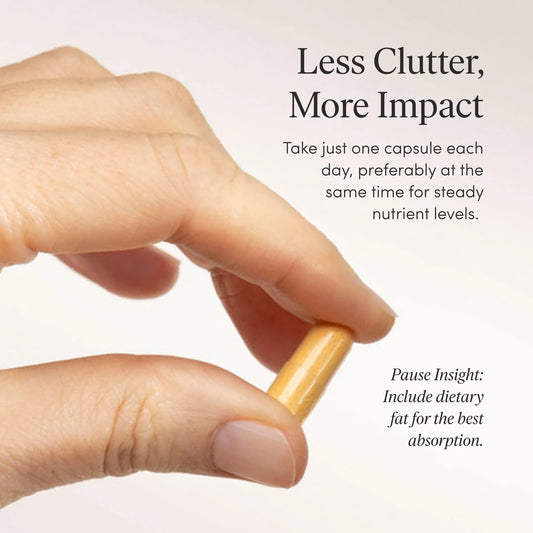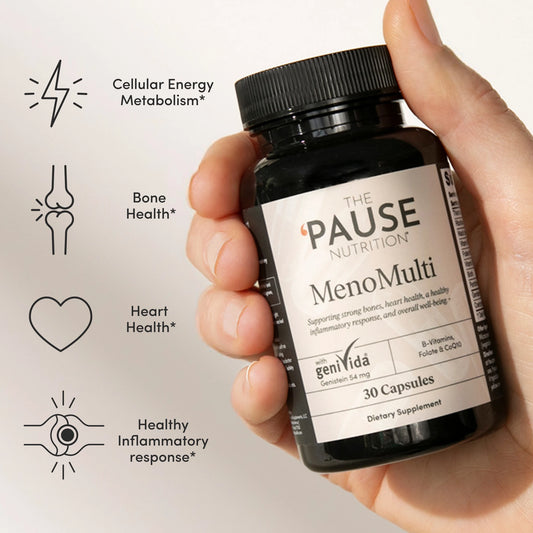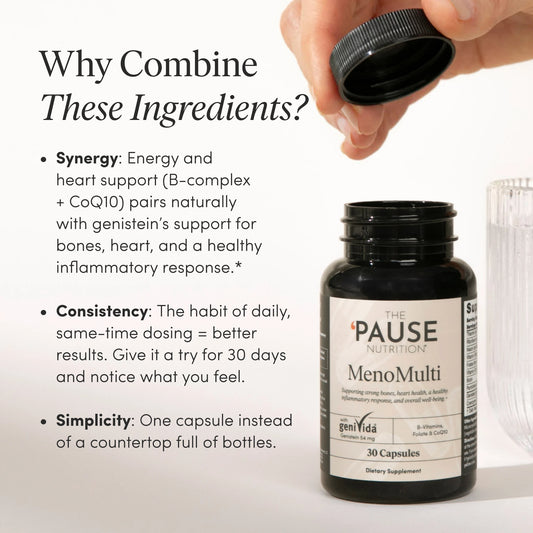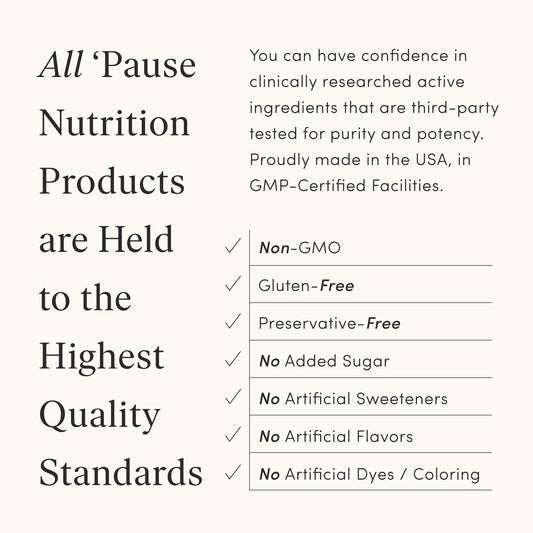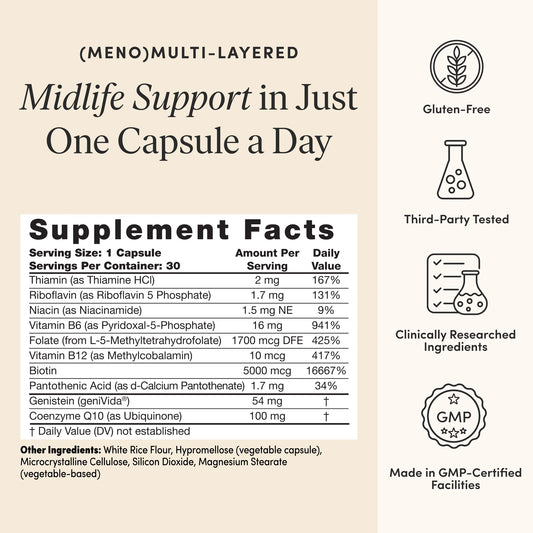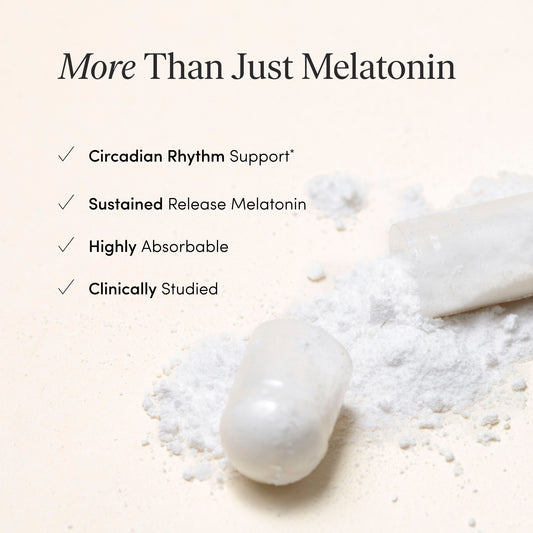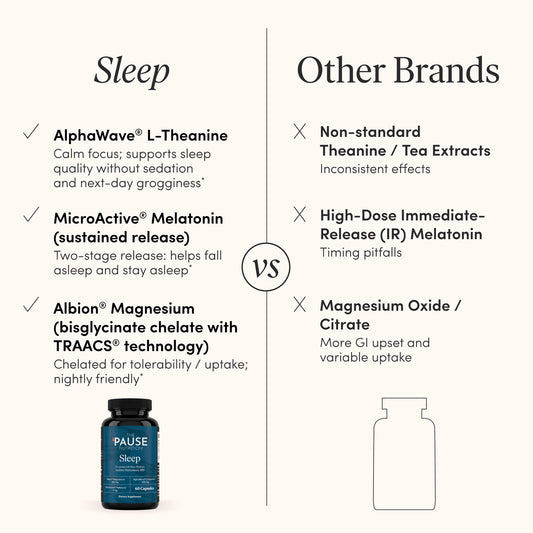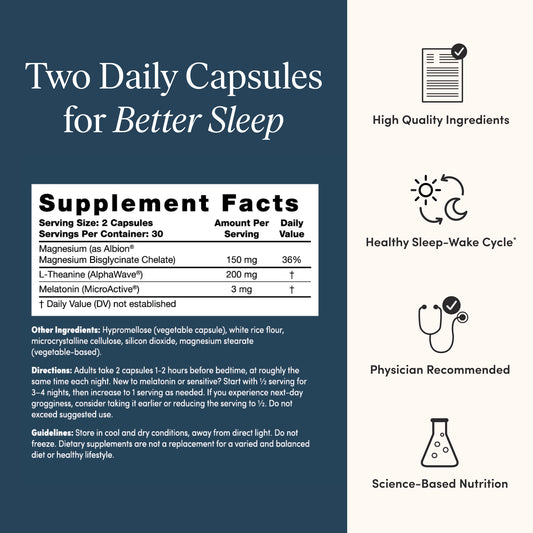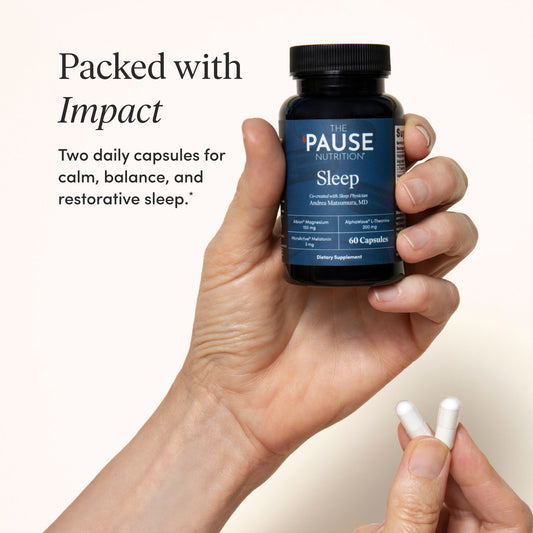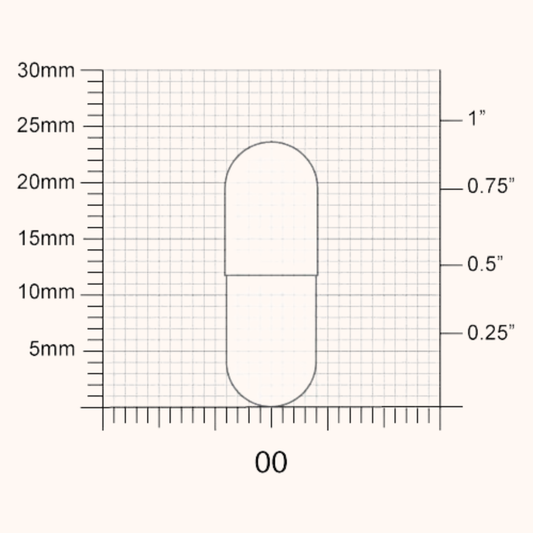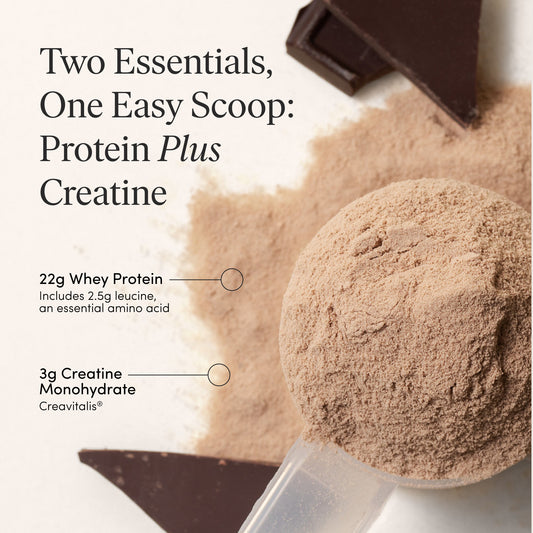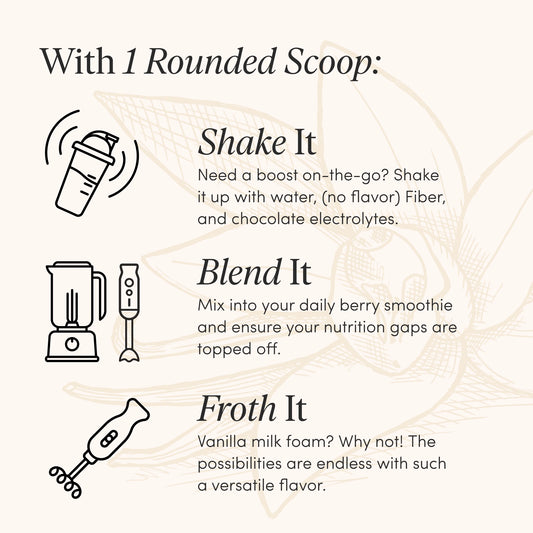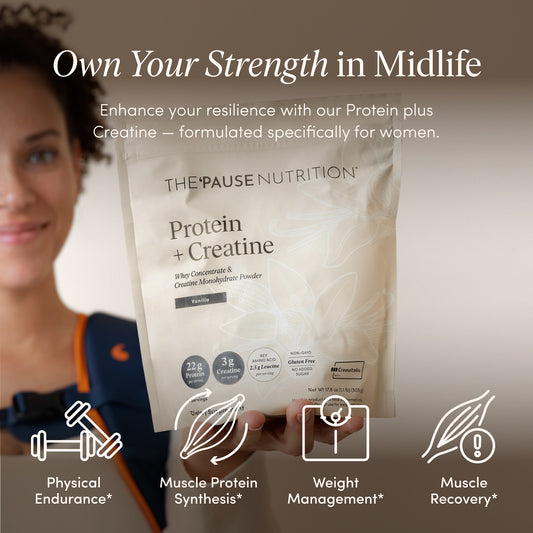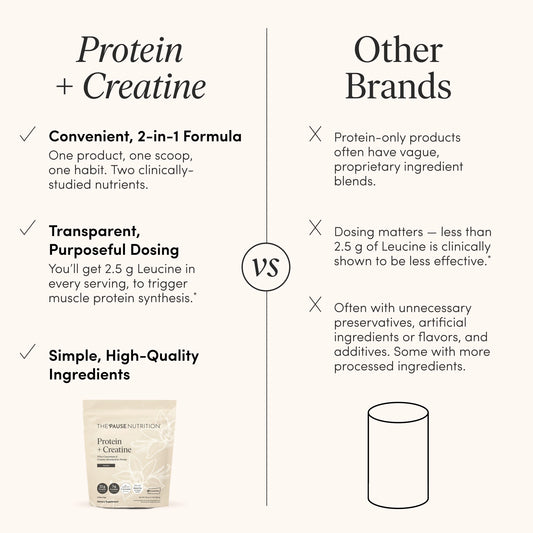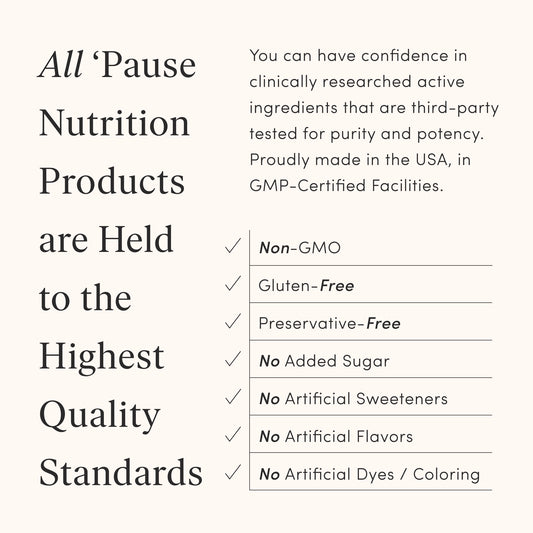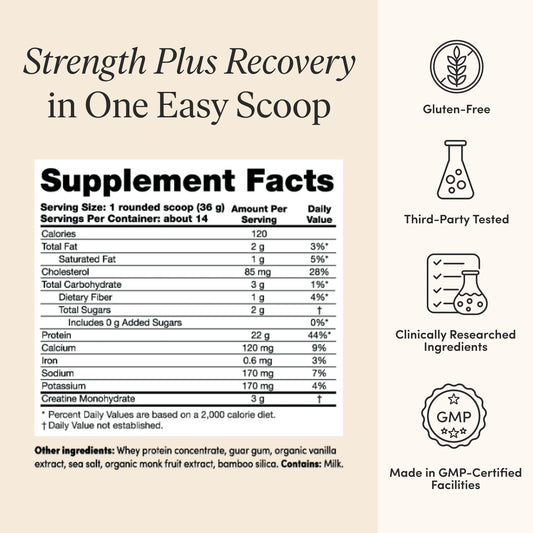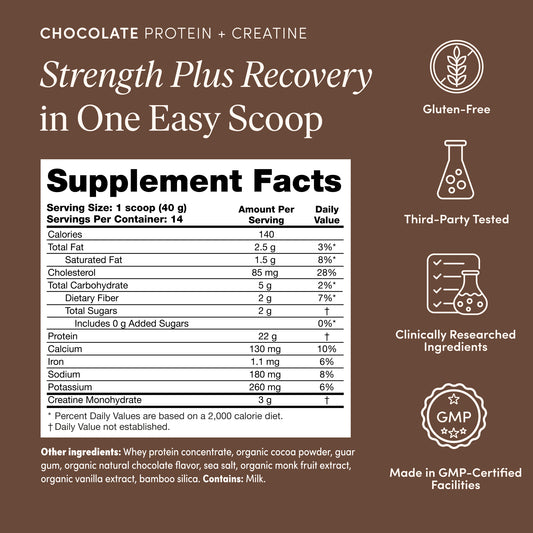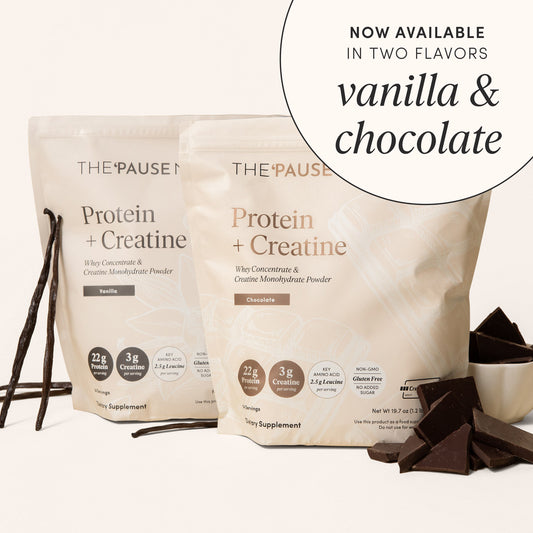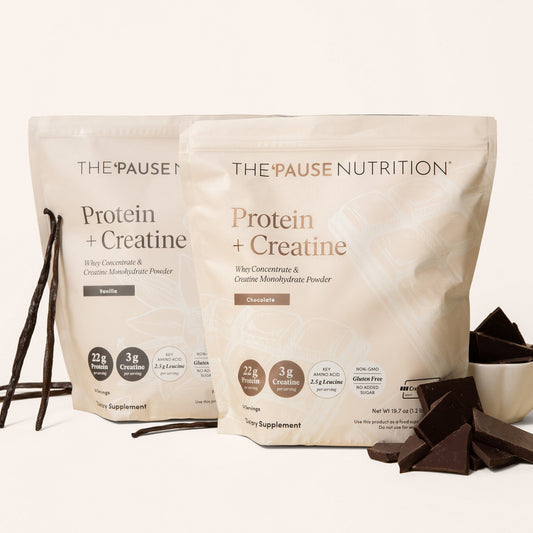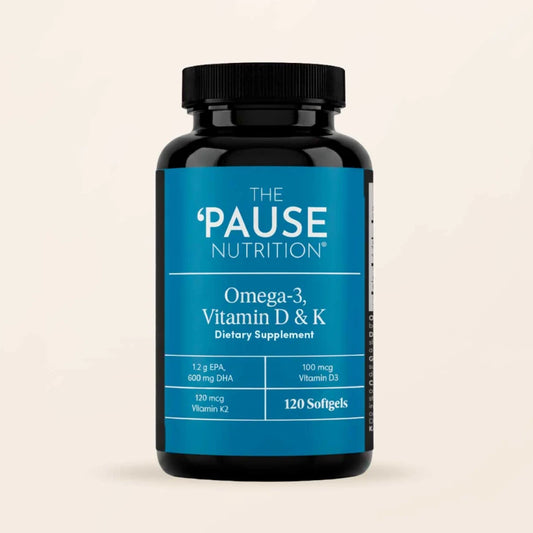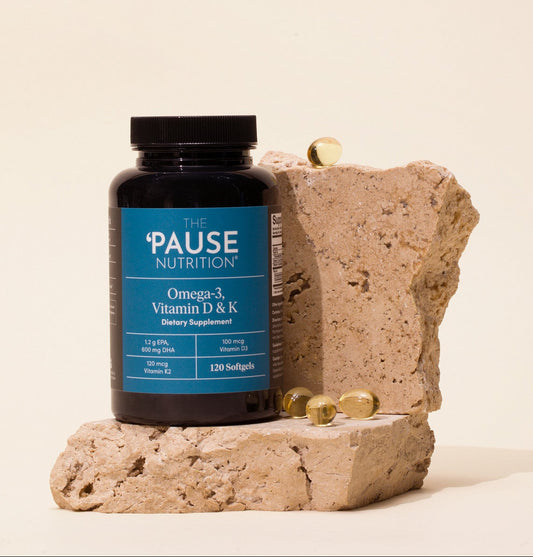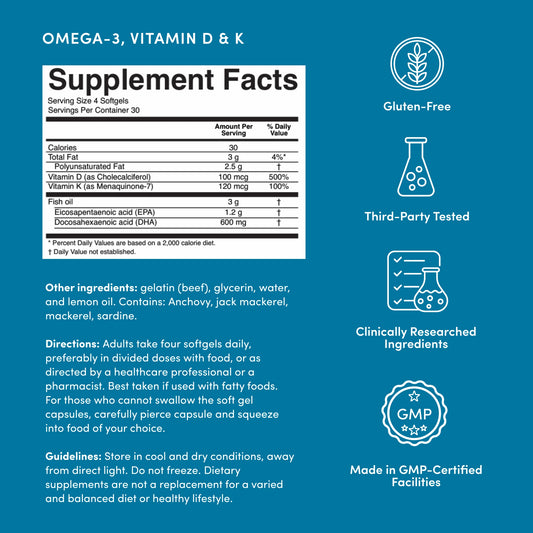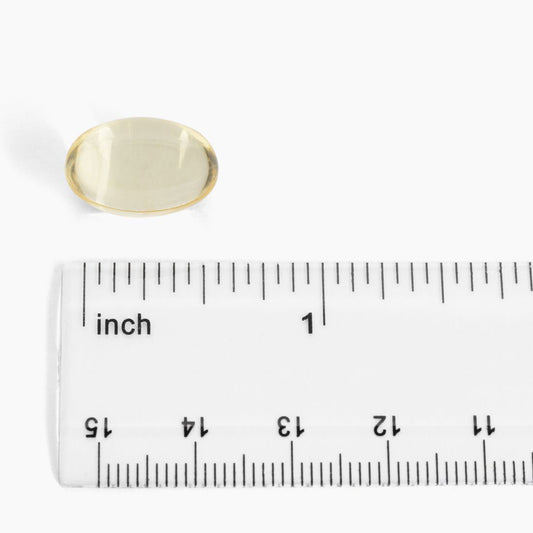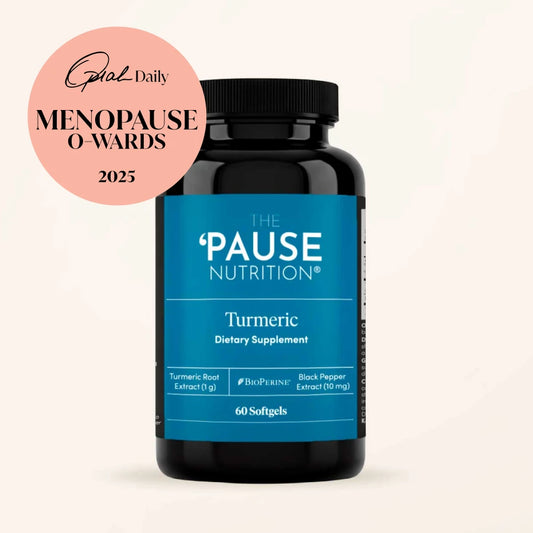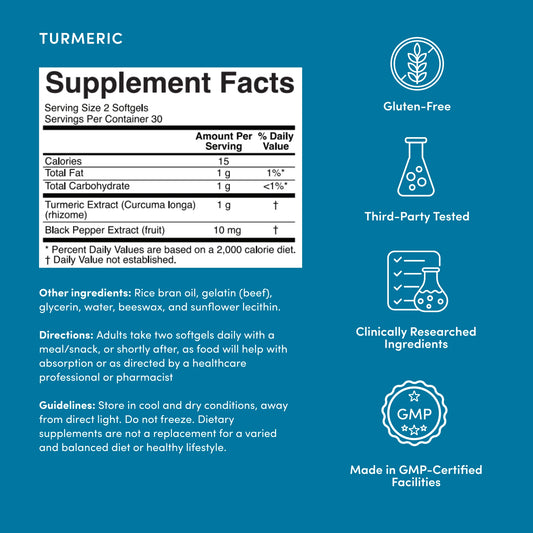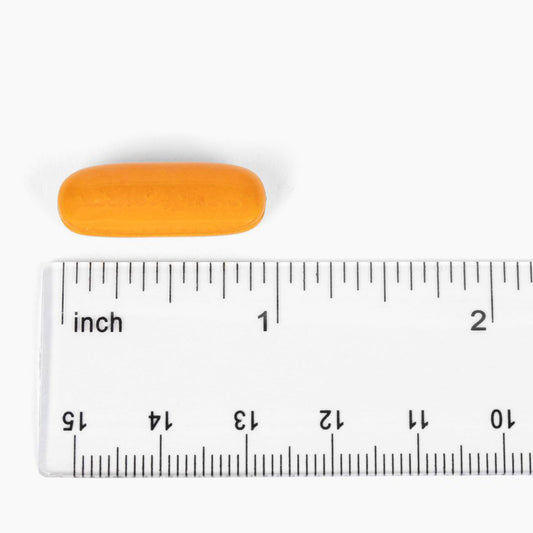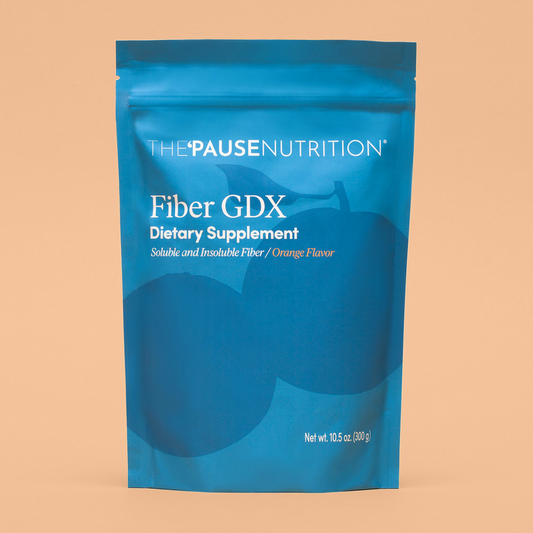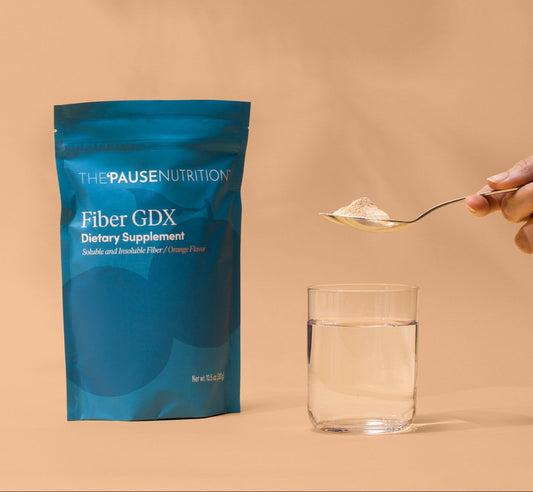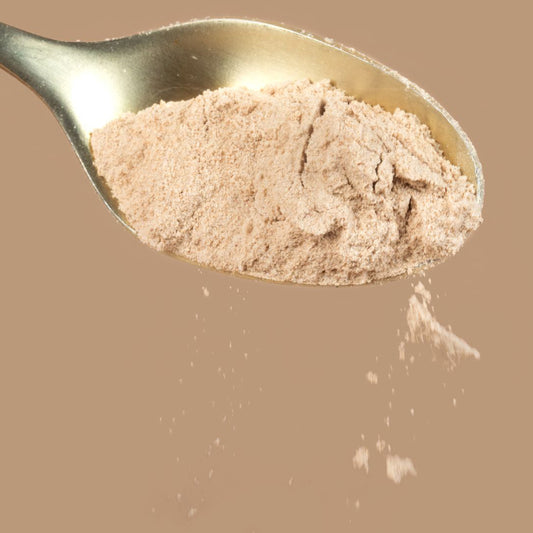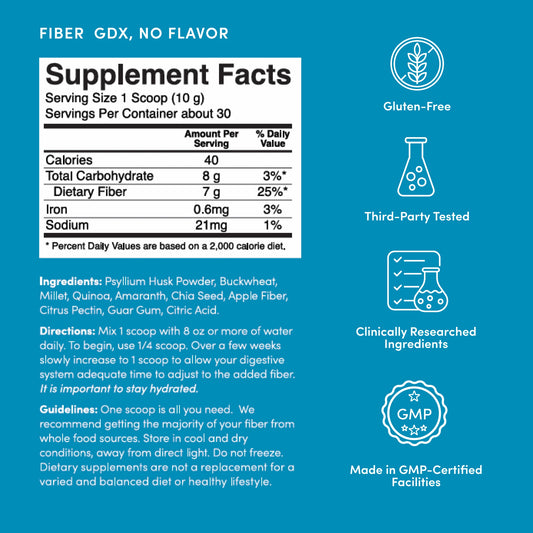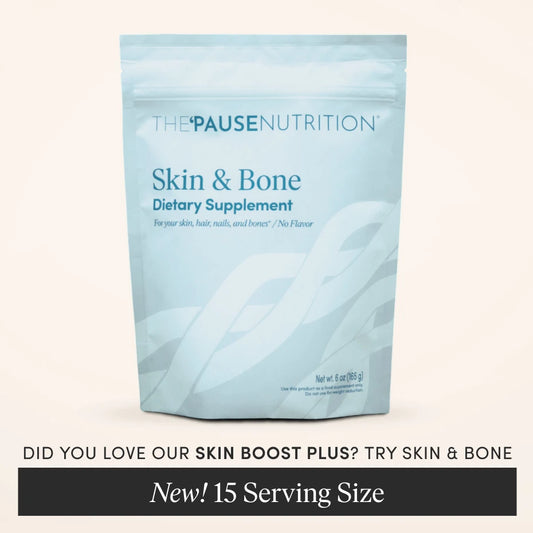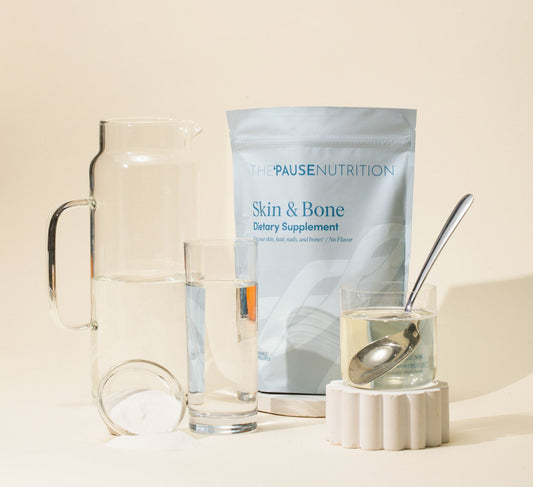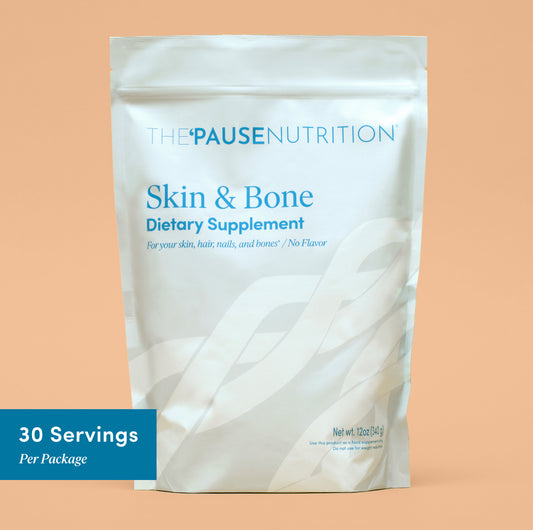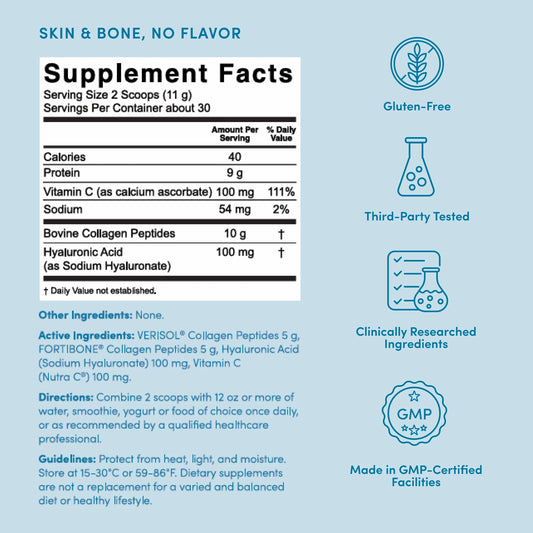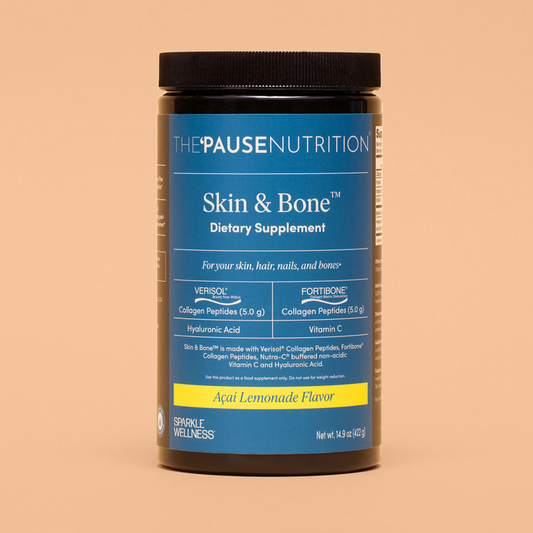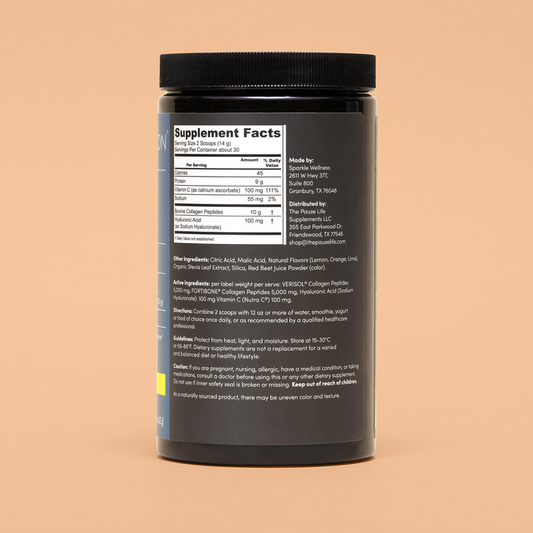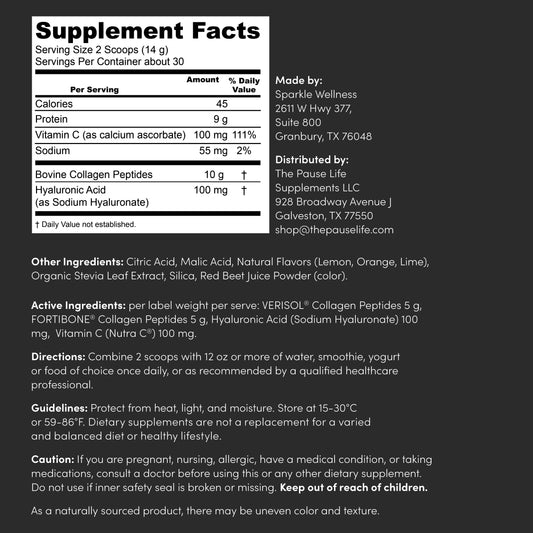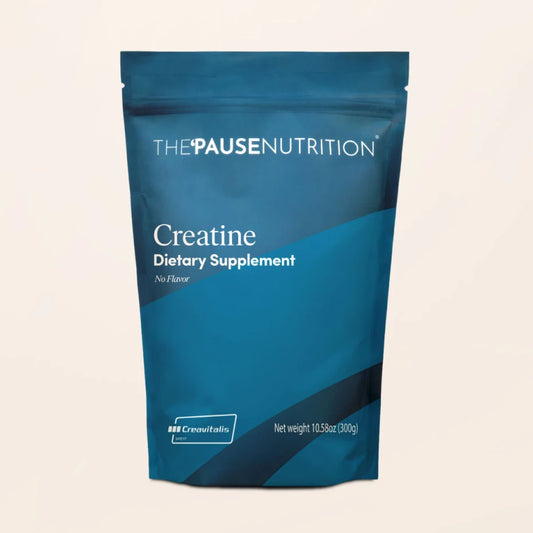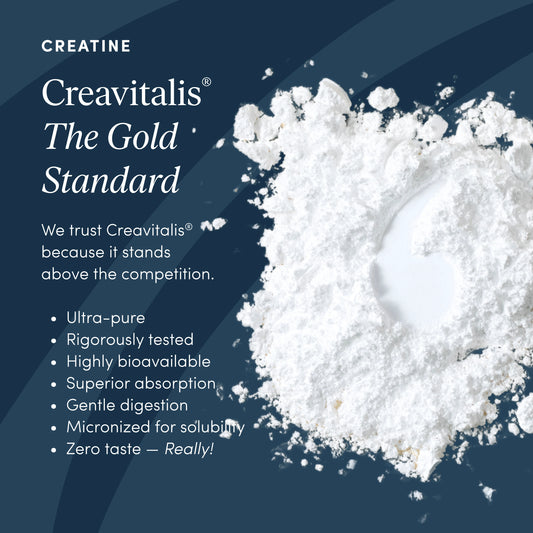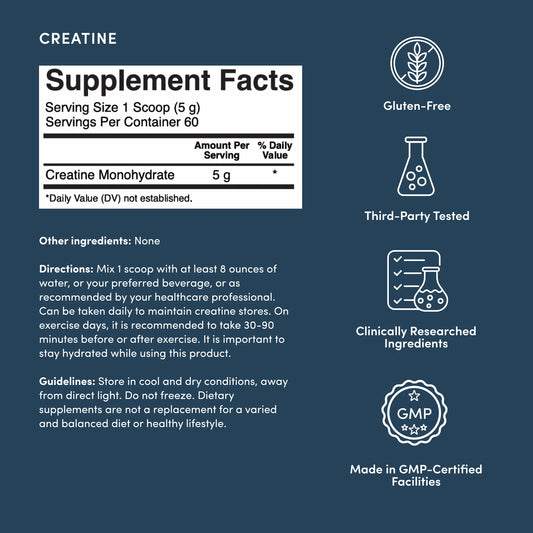How to Increase your Calcium Intake Through Diet

Share
Strong bones support good posture, balance, and overall mobility, which can improve quality of life.
Adequate calcium and vitamin D intake, along with weight-bearing exercises, are usually the first line of defense for maintaining bone health. Women experiencing menopause become susceptible to calcium deficiency as a result of the reduction of estrogen, which assists in the absorption of calcium.1 At least 1,300 mg of calcium per day is recommended along with a daily intake of 20 mcg of vitamin D to aid in absorption. To ensure adequate vitamin D intake, it is helpful to take a supplement.2
On the contrary, the best source of calcium is food, so making an effort to get the majority of your calcium needs through nutrition is essential.3 Recent studies show that calcium supplements, which are often taken in larger doses than what is ingested from food, have been linked to an increased risk of kidney stones and colon polyps and the development of cardiovascular disease.3 As you know, my philosophy is that supplements only be used to supplement the gaps between the amount of nutrients obtained through food and the RDA goal. This is in line with current research specifically related to calcium supplementation.4
Calcium can be found in a wide range of delicious and nutritious foods!
Dairy
Milk, cheese and yogurt are all good sources. If you aren’t a big fan of dairy or have a sensitivity or allergy, soy milk also contains high levels of calcium and can be a good alternative. Your body absorbs the calcium in dairy products more easily than plant based sources, and as a bonus, many dairy products are good sources of protein and vitamins A and D.
Green and Leafy Vegetables
Leafy and green vegetables such as spinach, kale, okra, collard greens, watercress, broccoli, bok choy and cabbage, are all good sources of calcium. These food sources are also packed with micronutrients and are really good for you.
Nuts and Seeds
All nuts contain small amounts of calcium, but almonds, brazil nuts, walnuts, pistachios, hazelnuts and macadamia nuts are especially rich sources. They are also a fantastic source of fiber, healthy fats, protein and antioxidants.
Seeds, especially poppy, sesame, celery and chia pack a hearty calcium punch, along with healthy fats and other minerals such as copper, iron and magnesium.
Fish
Fish, especially salmon and sardines, are loaded with calcium. Small fish that can be consumed with the bones are great sources of iron. The quality protein and omega 3 fatty acids in fish can support your heart, brain and skin too!2*
Fruit
Figs, dried apricots, currents, orange, kiwi fruit and dates contain decent amounts of calcium.5
By eating a variety of the above foods, you’ll be well on your way to improving your calcium consumption through your nutrition.
If you're still having trouble getting enough calcium through food alone, consider supplementing with Seen Nutrition Calcium Chews, which are formulated with highly bioavailable food sources.
Other things to consider
Some studies suggest that calcium, along with vitamin D, may have benefits beyond bone health. Weight-bearing exercise and resistance training, avoiding behaviors such as smoking and excessive alcohol consumption can also strengthen your bones.6,7*
Calcium obtained through a variety of foods, especially when paired with vitamin D, is essential for bone health. A food-first approach coupled with weight bearing exercises and other healthy habits like those encouraged in the Pause Strong Online Program, are very effective strategies to strengthen our bones.7*
This article contains affiliate links.














